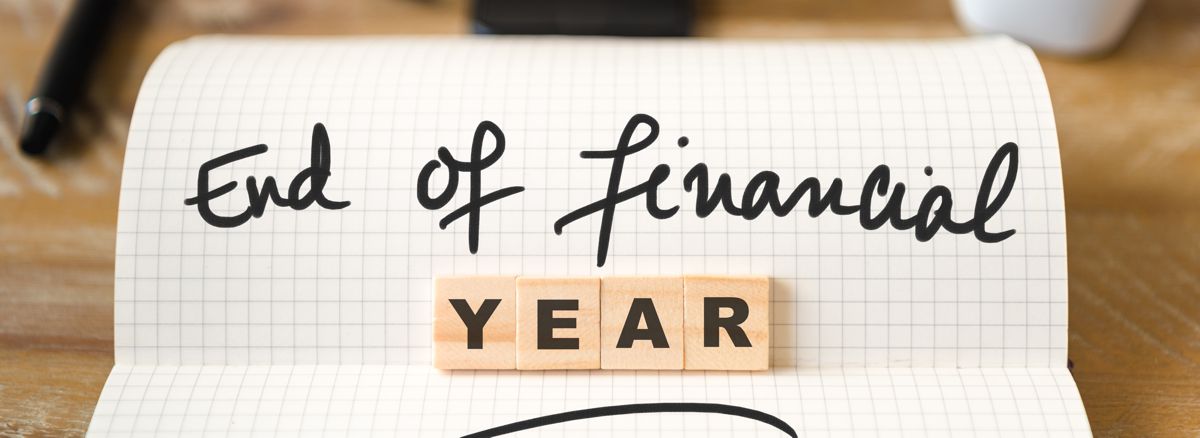
Who doesn’t love a good checklist – or any ‘to do’ list and the feeling of gratification when you finally get through it? Well, with the end of another financial year soon coming to a close, it’s a great time to start thinking about how you can get organised with your finances.
To help free up your time and reduce the angst of trying to remember it all, we have created an EOFY checklist as guidance, so that you can spend more time on the fun stuff, your ‘bucket list.’
Superannuation
- Super Contributions need to be made before 30 June (ideally a week earlier) so as not to count towards next financial year limits:
- Consider if you should be maximising your contributions and speak with your financial adviser.
- If you are self-employed – speak with your accountant to understand if you should be contributing.
- Lodge your deduction notices:
- If you have made a personal contribution to superannuation from your post-tax money and want to claim a tax deduction on this amount (up to your concessional cap), you will need to lodge a ‘notice of intent to claim a deduction’ before submitting your tax return.
- Contribute to your spouse’s super and save on tax:
- If your other half is not working or earning less than $37,000, by contributing up to a maximum of $3,000 into their superannuation, you may qualify for a tax offset up to $540.
- Government Co-contribution:
- If your total income is equal to or less than $41,112 in the 2021/22 financial year and you make after-tax contributions of $1,000 to your super fund, you may be eligible to receive the maximum co-contribution of $500.
Pension
- Ensure you have taken your minimum pension payment before 30 June:
- This amount may vary due to your individual circumstances.
Loans
- Prepayment of Interest on Investment Loans:
- This can assist in bringing forward your tax deduction into the current year when the prepayment is made, and lock in your next year’s interest rate.
Assess your income
- What do you expect to be your annual income for the year?
- Do you earn income from other sources such as:
- Trust distributions;
- Dividends;
- Rental Property;
- Capital gains;
- Bank interest;
- Lump-sum or termination payments;
- Employee share schemes.
- Will you be subject to Div293 tax due to earning over $250,000 p.a.?
What are your deductions?
- Work-related expenses;
- Self-education and professional development costs;
- Clothing/Vehicle and travel costs/tools and equipment;
- Personal Super Contributions;
- Accountant or Adviser fees;
- Income Protection Premiums;
- Donations.
For more deductions, visit the ATO right here.
Private Health Insurance
- If you are paying the Medicare Levy Surcharge you should consider taking out private health insurance before 30 June 2022 to avoid paying this for the next financial year.
This is also an ideal time to assess your overall financial situation and think about having a plan for the next 12 months and beyond. Some key areas to consider would be if you expect a significant change in your circumstances, what to do with a significant tax refund such as reduce your debts, or if you need to put more money aside to pay your tax.
Everyone’s circumstances are unique, so in considering these factors make sure to engage with your professional circle around this time.
Kelsey Dent (DipFP, ADFP, BA Hons [Bus,Mgt]) is a representative of Alman Partners Pty Ltd, Australian Financial Services Licence No: 222107.
Note: This material is provided for information only. No account has been taken of the objectives, financial situation or needs of any particular person or entity. Accordingly, to the extent that this material may constitute general financial product advice, investors should, before acting on the advice, consider the appropriateness of the advice, having regard to the investor’s objectives, financial situation and needs. This is not an offer or recommendation to buy or sell securities or other financial products, nor a solicitation for deposits or other business, whether directly or indirectly.